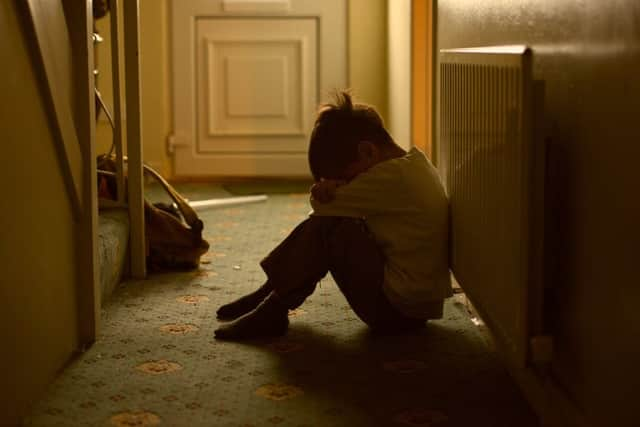Scots officers being trained to understand impact of ‘toxic’ childhoods


Officers and staff from Police Scotland’s Ayrshire division are among the first in the country to become “trauma informed” by learning about the effect of so-called Adverse Childhood Experiences (ACEs).
According to the Scottish Government, someone who has experienced four or more ACEs is 14 times more likely to be a victim of crime, 15 times more likely to be a perpetrator of violent crime and 20 times more likely to go to prison.
Advertisement
Hide AdAdvertisement
Hide AdACEs could be physical or sexual abuse; emotional or physical neglect; or living in a household where there is domestic violence, drug abuse or alcoholism. But critics have urged caution, suggesting the concept is built on weak evidence and seeks to apply a one-size-fits-all approach.
As part of the training, police officers were shown an American documentary called Resilience which highlights evidence that childhood trauma can affect brain development.
It is hoped the training will improve the way officers execute search warrants and how they deal with children and families that have experienced trauma.
Superintendent Tim Ross said: “Police Scotland deals with an increasing number of calls from people in distress and how we deal with those calls can have a significant impact on the people and communities we serve, and on our officers and staff.
“Trauma-informed training will help improve awareness amongst police officers and staff of how adverse childhood experiences and other trauma can affect victims and perpetrators of crime.
“We hope this training will improve our response to people in distress and suffering from poor mental health.”
But Dr Morag Treanor, a senior lecturer in sociology, social policy and criminology at Stirling University, said there was a “massive danger” that ACEs would become the orthodoxy in education, health and criminal justice circles.
She said: “It’s a very individual, stigmatising model which looks at a family individually rather than the social conditions in which it’s living in.
Advertisement
Hide AdAdvertisement
Hide Ad“It’s built on very shonky evidence – the initial research is not terribly rigorous; it’s not well evidenced.
“It’s really quite dangerous to start targeting and highlighting children as having something inevitably wrong with them in the future.”